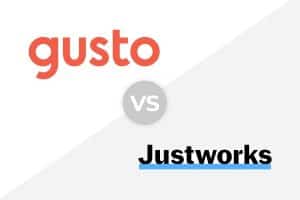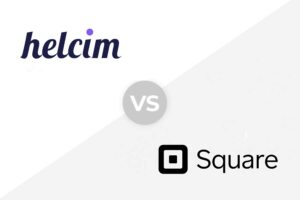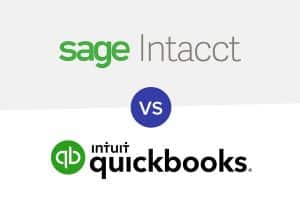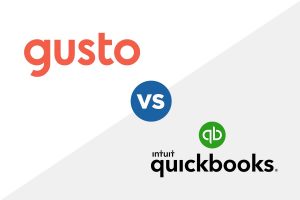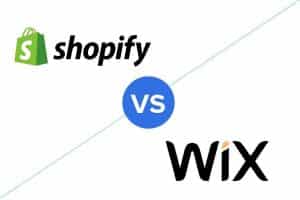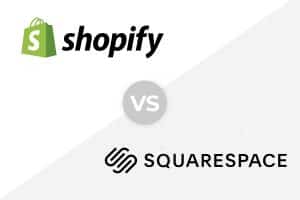Gusto and Justworks both offer HR and payroll support and earn high scores in our evaluation for features and ease of use. Gusto is a payroll software that helps you manage your payroll and offer benefits, while Justworks is a professional employer organization (PEO) that focuses heavily on ensuring your business is complying with payroll…
Versus
Helcim vs Square: Which Payment Processor is Best?
Helcim and Square are both excellent merchant accounts that often place high on our evaluations for multiple uses. Helcim is best known for its affordable interchange-plus rates and monthly fees, as well as invoicing, point-of-sale, and ecommerce tools. Meanwhile, Square has fixed-rate pricing but a premium POS system, top-notch free ecommerce and invoicing, and a…
Business Credit Card vs Debit Card
A business credit card allows you to make purchases on a credit line, which offers flexibility and the potential to build business credit and requires careful management to avoid debt and fees. On the other hand, a business debit card draws directly from your bank account, giving you spending control with no risk of debt….
Sage Intacct vs QuickBooks Online: Which is Better for Your Business?
Both Sage Intacct and QuickBooks Online are cloud-based accounting software that cater to a variety of industries. They have robust feature sets with hundreds of integrations to streamline your business processes. The choice between Sage Intacct vs QuickBooks Online depends on the complexity of your financial needs, the size of your business, your budget, and…
When to Complete Form 4835 vs Schedule F vs Schedule E
While similar, each of these forms has a distinct use. Schedule F: For farmers who are operating farms on their own land or materially participate in crop-sharing arrangements. Schedule E: For farmland owners who lease their farmland for fixed cash rent. Form 4835: For farmland owners who lease their farmland as part of a crop-sharing…
Gusto vs QuickBooks Payroll: Which is Better?
Gusto and QuickBooks Payroll are affordable software options for small business owners that both offer full-service payroll with unlimited pay runs and direct deposit payments, as well as payroll tax processing and filing. Gusto has a wider selection of benefits options and more human resources (HR) tools. QuickBooks Payroll, on the other hand, provides faster…
Wix vs Shopify: Which Is Best for Ecommerce?
Shopify is the better choice when it comes to ecommerce functionality, but Wix can hold its own with recent significant updates to its ecommerce platform.
In this review, I pitted Shopify vs Wix—both robust ecommerce platforms with beginner-friendly website builders at cost-effective prices—against each other, based on pricing, site builder features, sales and marketing toolkits, ease of use, and my experience working with the software building the same demo store on each platform. That said, Wix has made big updates…
Shopify vs Squarespace: Which Is Better for Ecommerce?
Comparing Shopify vs Squarespace, Shopify is the better choice for selling online. It is consistently my top-recommended ecommerce platform. If you need a website to showcase your portfolio and plan to sell occasionally or as a side hustle, Squarespace is a better option. Based on my evaluation, I recommend: : Best overall for ecommerce :…
